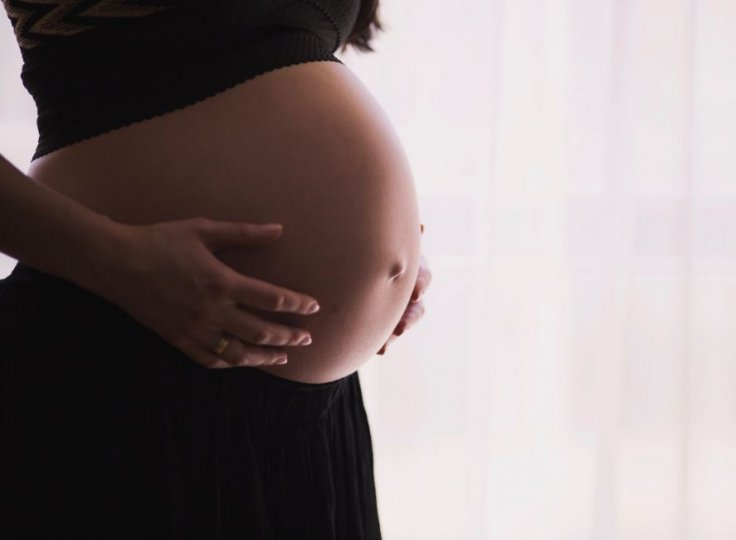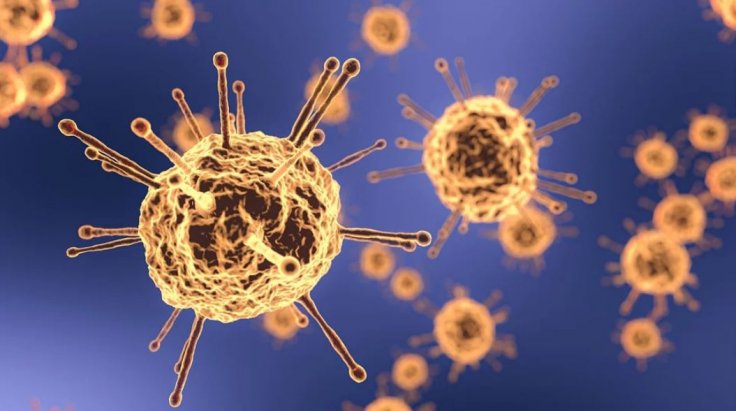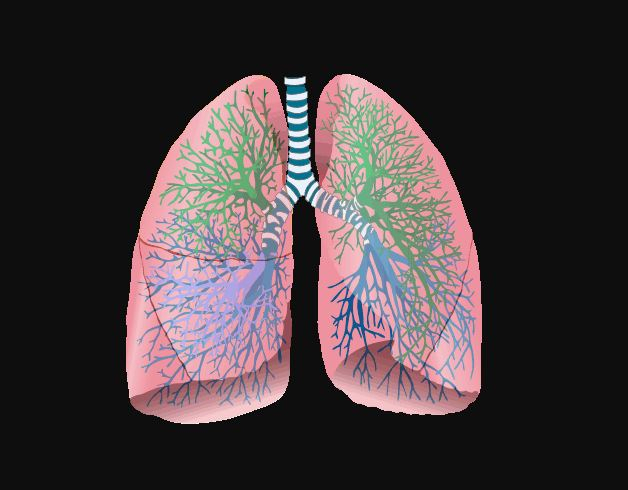The research surrounding which hormones and enzymes offer protection against COVID-19 is ongoing. Adding valuable knowledge to the growing discussion, a new study states that female sex steroids such as estrogen and progesterone could play a crucial role in providing protection against the symptoms of the novel coronavirus infection.
Prof. Graziano Pinna, author of the study, examined existing research to ascertain the factors behind the severity of COVID-19 symptoms and higher frequency of deaths among men than in women, and the elderly. His analysis pointed towards the protective role of female reproductive steroids in keeping symptoms of the infection under control.
Pregnant Women Keep COVID-19 At Bay

As early reports of pregnant women who tested positive for COVID-19 but exhibited no symptoms of the disease began emerging in March, Prof. Pinna was intrigued by the discovery. It was noticed that shortly after giving birth, their symptoms worsened to a point where intensive care admission was unavoidable. This acceleration of the intensity of symptoms corresponded to the drop in the levels of female reproductive steroids, estrogen and progesterone, and allopregnanolone—their active metabolite. "The correlation was really striking," said Prof. Pinna, in a statement.
These steroids perform a wide range of functions. They promote the production of antibodies, carry out anti-inflammatory functions, stimulate the repair of respiratory epithelial cells, and bolster the effectiveness of immune cells. Also, these steroids can inhibit an enzyme known as the ACE2 receptor. This is of special significance as the SARS-CoV-2 coronavirus gains entry into human cells using the enzyme and spreads the infection.
"Hormones that help sustain the pregnancy – like progesterone — are 100 times more concentrated in a pregnancy's third trimester," pointed out Prof. Pinna. According to the author, it is very likely that pregnant women become symptomatic, with some requiring intensive care, after giving birth as the levels of the reproductive steroids drop drastically post-birth.
Explaining Difference In Outcomes Between Sexes

Over the course of the pandemic, the unmissable difference in the severity of symptoms, and hospitalizations requiring intensive care, has been largely varied between men and women. Women have been found to be more resistant to the disease and have had better outcomes. Female hormones were believed to be the reason behind this. However, identification of the underlying factor remained elusive.
"This observation in pregnant women provides significant scientific background, not only as to why women are more protected than men, but also why older people are less protected than younger people because we know the older you are, the more decreased your hormones are," stated Prof. Pinna.
This assertion can be backed by CDC data, according to which, among 38,071 pregnant women who contracted the infection, only 51 deaths were reported (i.e) 0.13 percent. In non-pregnant women, however, the death rate stood at 2 percent. "Pregnant women are 15 times less likely to die from COVID than other women," emphasized Prof. Pinna.
Boosting Immunity and Cellular Repair

In the study, the author also analyzed the significance of reproductive hormones in promoting the production of antibodies and encouraging the repair of lung cells after contracting the infection. The role of these hormones in countering cytokine storms—a turbulent immune response that damages healthy cells—was also looked into.
"Progesterone and allopregnanolone can block the incredible overreaction of the inflammatory system, repressing it and avoiding the over-expression of pro-inflammatory cytokines," highlighted Prof. Pinna. Protection from COVID-19 symptoms may be acquired through a combination of oral hormonal contraceptives, or through the hormone replacement therapy aimed at hypoestrogenism—deficiency of estrogen—in postmenopausal women.
Role of Nutrition
Besides medical supplementation of reproductive steroids, their levels can be improved by enriching the diet with foods that are rich in phytoestrogens—estrogens produced by plants—added Prof. Pinna. The plant-produced estrogen compounds have the ability to bind directly with the estrogen receptors in the human body. They also get converted to estradiol—another sex hormone—by some microbiomes such as bacteria, viruses, and fungi, among others that live in the stomach.
"Nutrition is very important and there hasn't been much talk about it. It is important because it is something we can take care of each day to boost the immune system and make our bodies stronger against COVID," stressed Prof. Pinna









